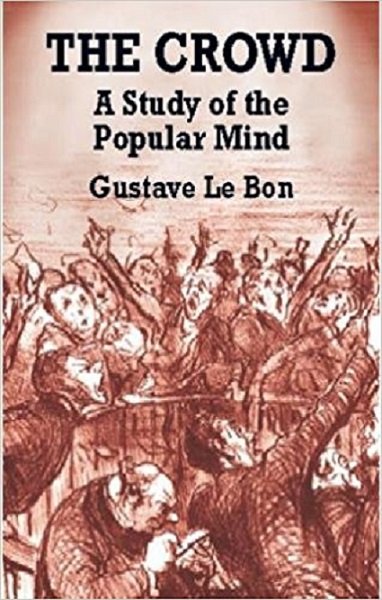The organization is strong when it has access to the three means of coercion - punishment, compensation and basic authority; - the number and variety of goals in the name of which the obedience is sought. In both leadership and power, it is also good to comment on political power. It can be seen as a special form of manifestation of universal power in a specific social environment.
Arendt believes that political power belongs not only to the individual divorce but to a group of individuals acting jointly. Iscak says about the power that identifying its historians in society should establish the possibilities and the limits of the external impact on each of us. According to Lux, power is not an ordinary but a morally significant or nontrivial act. Nontriviality occurs when the interests of the other or others are affected. Wind defines political power as a specific aspect of relations between large social groups.
According to him, the process of realization of the activity of the political power includes two stages: - related to the making of different political decisions; - includes the organization of implementation of the political decisions taken in advance. According to Viat, two types of relations between political power and group interests can be identified: objective attitudes and subjective attitudes. In his monograph, Wind also pays special attention to the analysis of political power as a psychological phenomenon. Based on studies conducted by American and English authors, Wind defines the following factors that determine the level of participation in political activity: the power of individuality; personal inclusion; analysis or alienation; the impact of the motivation for vital achievement; a propensity for intellectual views of the world; extraverted orientation; the need to "crush" the internal tension.
According to Wind, the motivation of power must be considered as an essential element of political motivation. In his view, there are two sets of motives for power - egocentric and sociocentric. Moreover, on the basis of the importance of power as a value, two kinds of relations of individuals are formed towards power-instrumental, autonomous. Autocracy is a personality characteristic that is subject to analysis, in terms of the predisposition of individuals to power. Individual behavior is first and foremost investigated from the positions of psychoanalysis. Fromm associates authoritarianism as a personal characteristic with the individual's tendency to renounce its independence, to merge its "self" with something or something outside, and thus to acquire a power that it does not possess at the moment. In the field of power, interesting ideas and political power are developed by Canetti.
